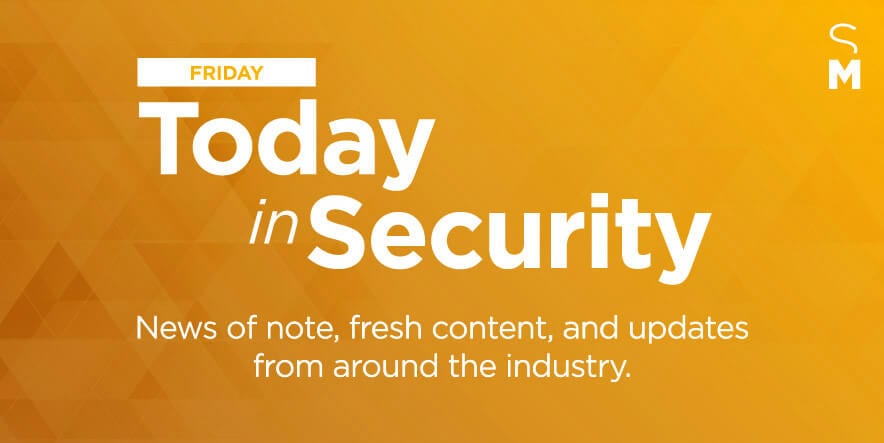Intelligence Council Predicts Future Tensions Exacerbated by Climate Change, Technology, and Distrust
The world will face increasing global challenges from climate change and disease, along with disruptions from new technologies and financial crises in the decades to come, according to a new report from the U.S. National Intelligence Council.
“In this more contested world, communities are increasingly fractured as people seek security with like-minded groups based on established and newly prominent identities; states of all types and in all regions are struggling to meet the needs and expectations of more connected, more urban, and more empowered populations; and the international system is more competitive—shaped in part by challenges from a rising China—and at greater risk of conflict as states and nonstate actors exploit new sources of power and erode longstanding norms and institutions that have provided some stability in past decades,” according to the council’s assessment, Global Trends 2040: A More Contested World.
The National Intelligence Council has released a Global Trends report to each incoming or returning U.S. presidential administration since 1997. It is intended to help policymakers and citizens anticipate and prepare for a range of possible futures. In the 2017 report prepared for the Trump administration, the council reported on the risk of a global pandemic and the economic disruption it could cause.
COVID-19 played a major role in the 2021 report, with the council explaining that the pandemic shook “long-held assumptions about resilience and adaptation, and created new uncertainties about the economy, governance, geopolitics, and technology.” The pandemic brought global health and healthcare issues to the forefront, highlighting the disparities that exist in resource access and infrastructure around the world and the ability—or inability—to combat disease.
Global Trends is published every four years to give the public and policymakers a look over the horizon at what may unfold over the next 20 years. This #GT2040 describes five potential scenarios for the world in 2040. https://t.co/uGYJ3sAmud pic.twitter.com/k9Q88TmuYb
— Office of the DNI (@ODNIgov) April 8, 2021
“The unanticipated second- and third-order effects of the COVID-19 pandemic have reminded us how uncertain the future is—both in the long and short term,” according to the report. “As researchers and analysts, we must be ever vigilant, asking better questions, frequently challenging our assumptions, checking our biases, and looking for weak signals of change. We need to expect the unexpected and apply the lessons of this pandemic to our craft in the future.”
With that mind-set for its 2021 report, the council explored the structural forces that will shape the future world, emerging dynamics that will play an essential role, and five future scenarios for the world in 2040 designed to “widen the aperture as to the possibilities” of the future—dependent on how global leaders react.
One of the “most certain trends” highlighted in the report is the demographic shift that will occur as global population growth slows down and ages, impacting economic growth and some nations’ abilities to build on their success in public health, education, and poverty reduction.
“As some countries rise to these challenges and others fall short, shifting global demographic trends almost certainly will aggravate disparities in economic opportunity within and between countries during the next two decades, as well as create more pressure for and disputes over migration,” according to the report.
The growing risk of extreme weather events related to climate change will also play a pivotal role in shaping the future world, the council said. The private sector and governments will expand their resilience and adaptation measures to counter these risks, but the efforts will likely be unevenly distributed across the globe.
“Debate will increase over how and how fast the world should reach net zero as countries face hard choices over how to implement drastic emissions cuts and adaptive measures,” the council wrote. “Neither the burdens nor the benefits will be evenly distributed within or between countries, heightening competition, contributing to instability, straining military readiness, and encouraging political discord.”
The council’s assessment also touched on the role that technology will play in shaping the future, including that it may be enhancing the “trust gap” between the public and governments to create new tensions and disruption.
We are living in the middle of a new arms race between global powers as technologists, scientists, and military leaders work to develop artificial intelligence (AI) applications. https://t.co/13NTj97wGT
— Security Management (@SecMgmtMag) April 1, 2021
“State and nonstate rivals will vie for leadership and dominance in science and technology with potentially cascading risks and implications for economic, military, and societal security,” the report explained, adding that the “race for technological dominance is inextricably intertwined with evolving geopolitics and the broader U.S.-China rivalry…”
In an interview with The New York Times, Maria Langan-Riekhof, director of the council’s strategic futures group, said that falling income trends around the world are concerning when paired with how information is shared and increasing social divisions.
“Those concerns are leading people to look for the security of trusted voices, but also of like-minded groups within their societies,” she said. “Overlay those trends I’m describing, and you kind of see that recipe for greater divisions, increasing fracturing. We think that is likely to continue and probably worsen.”
